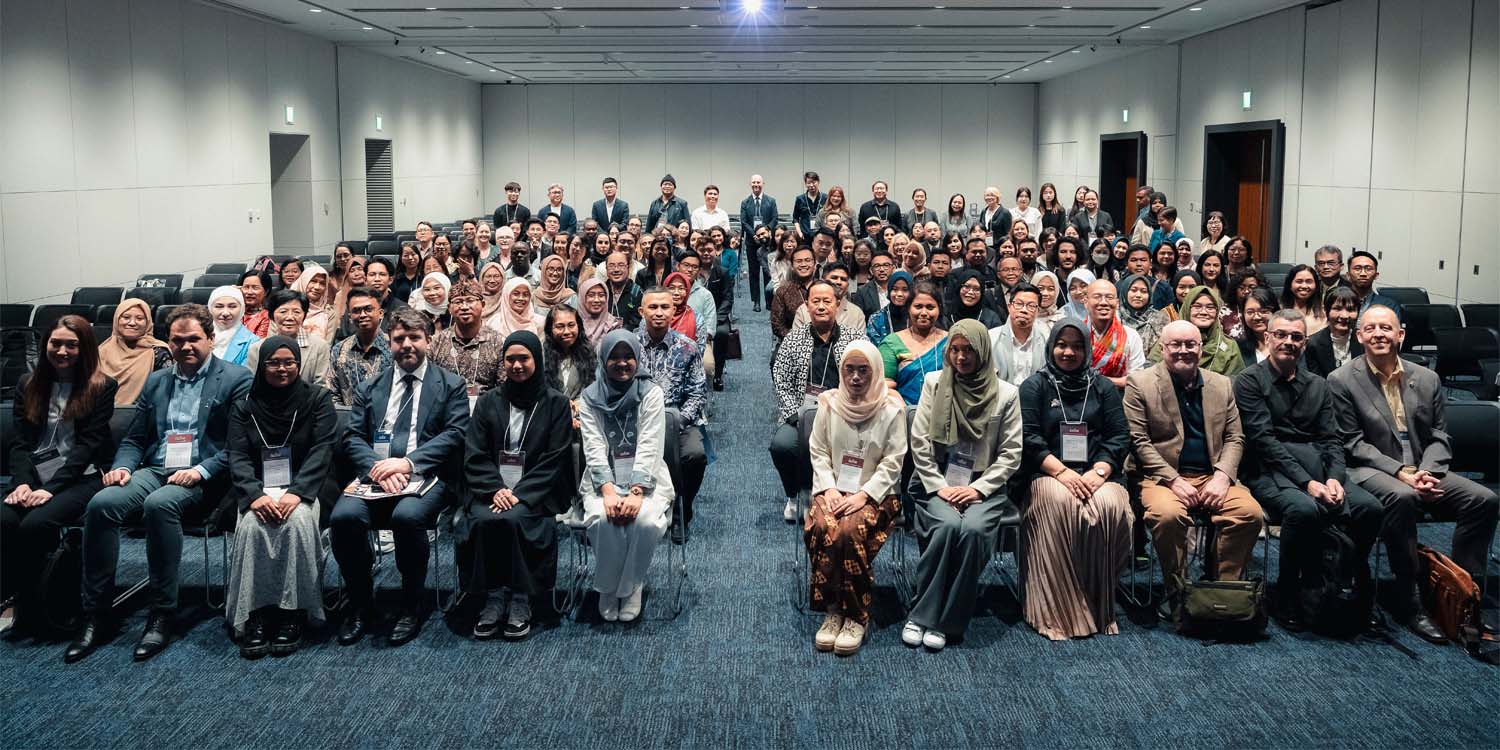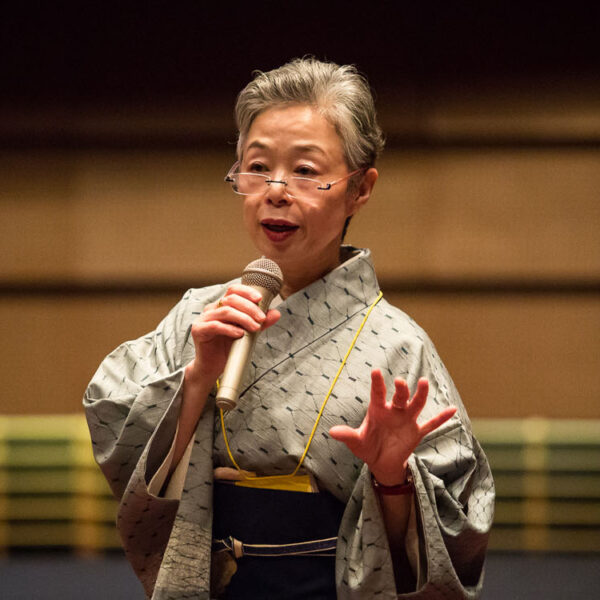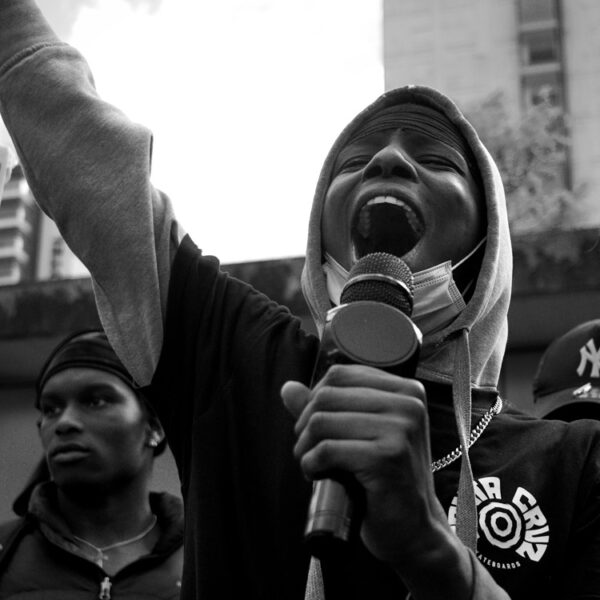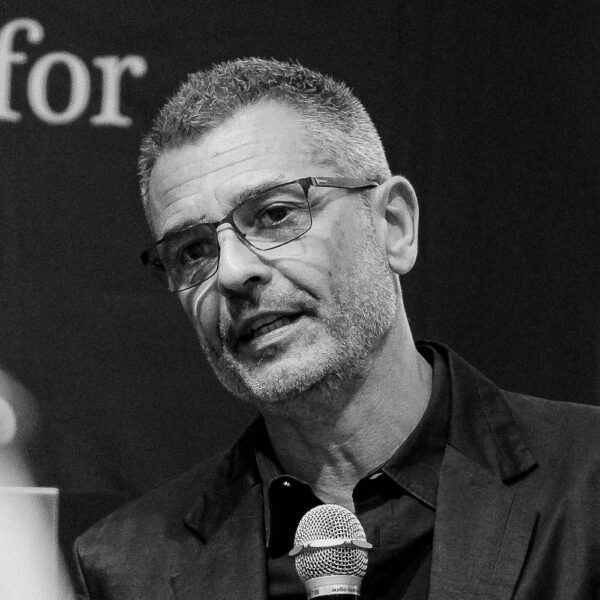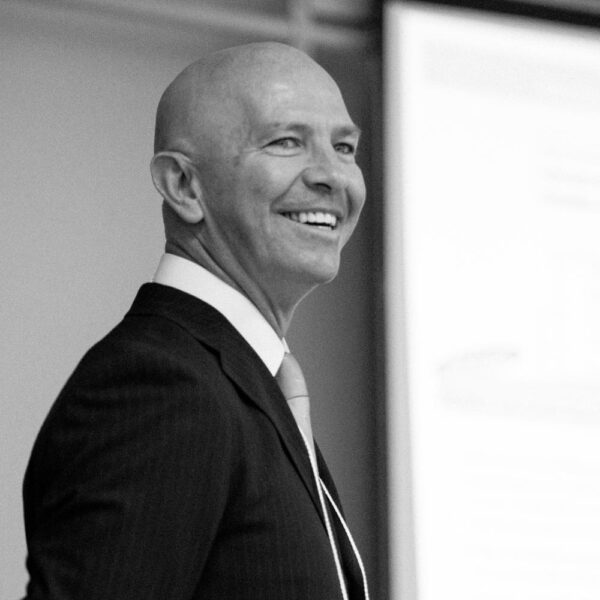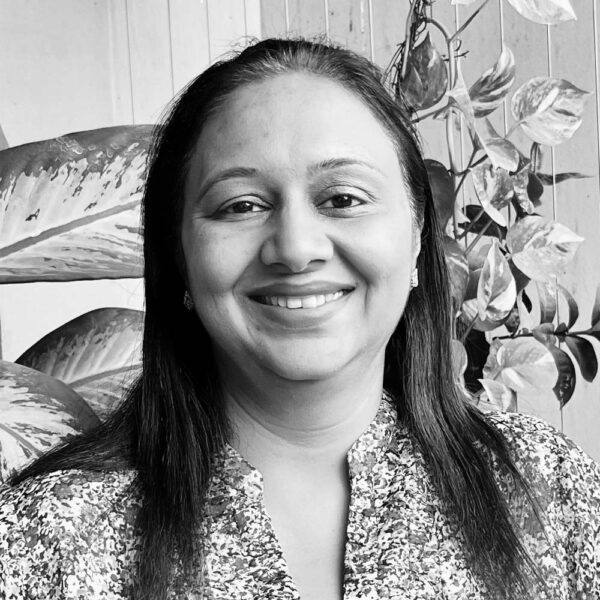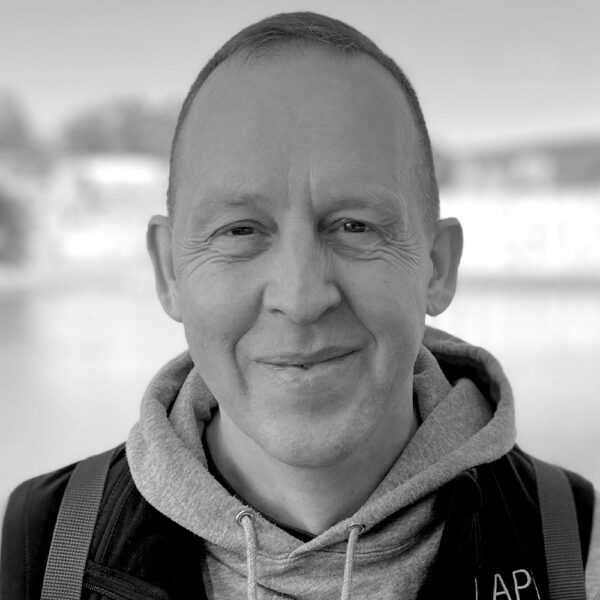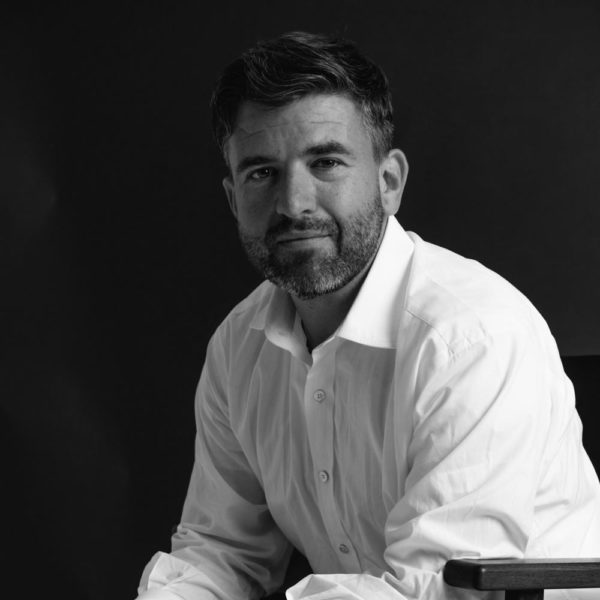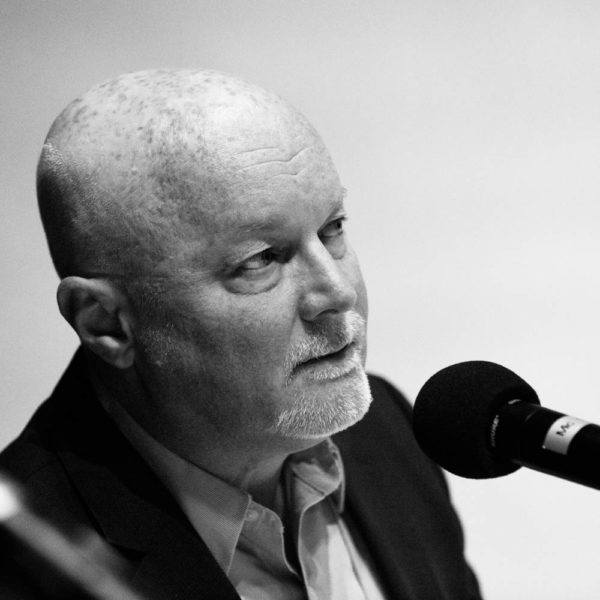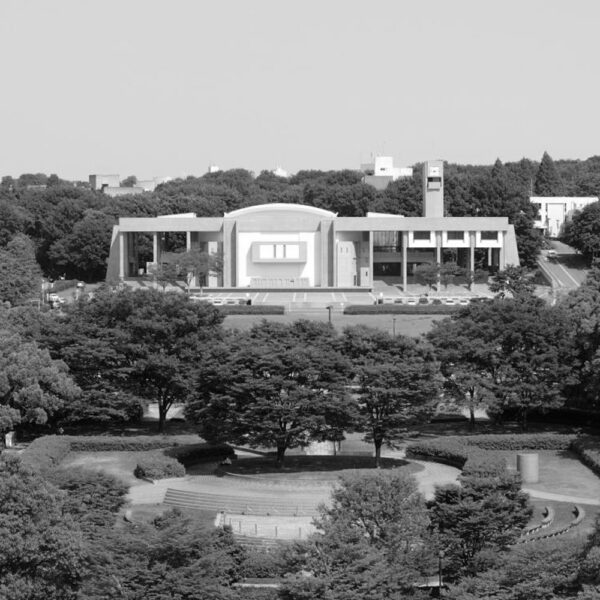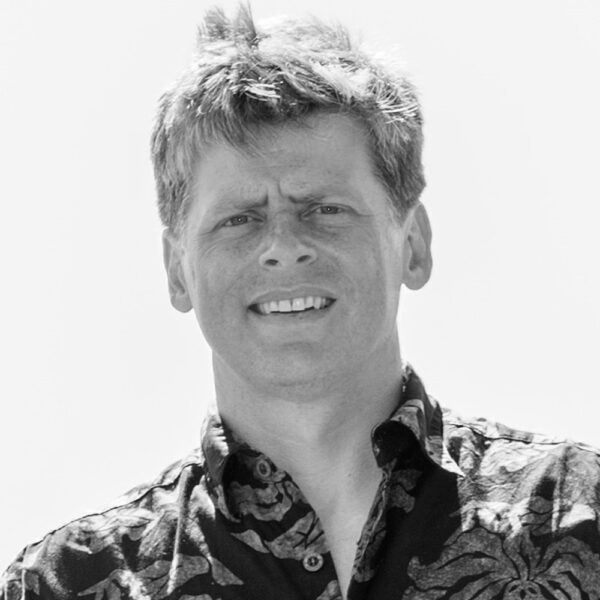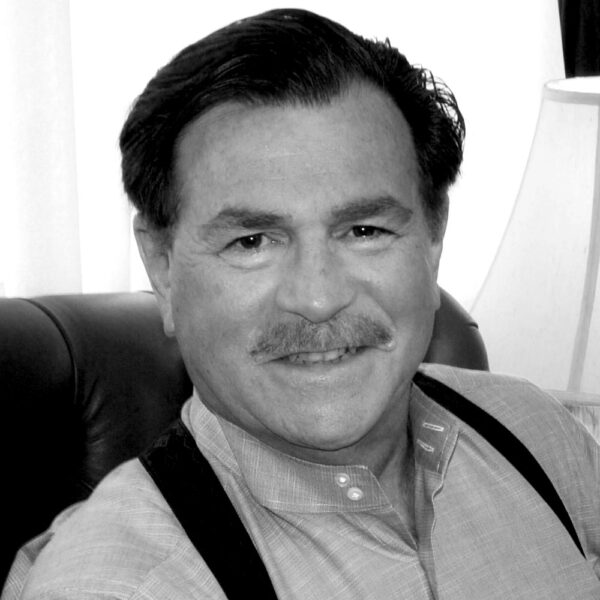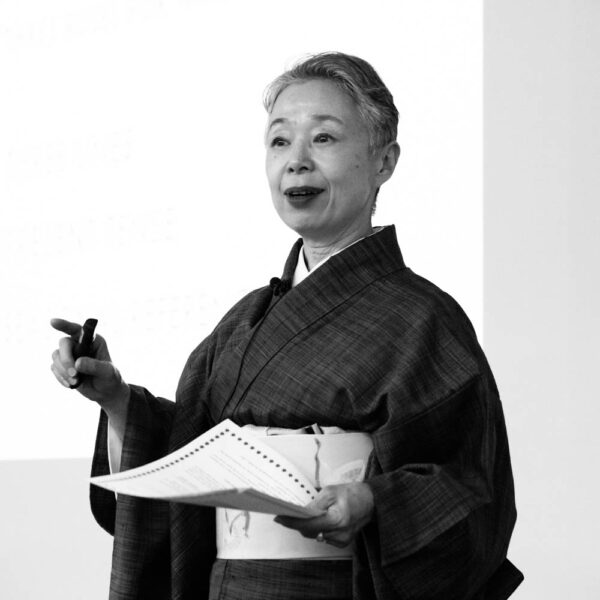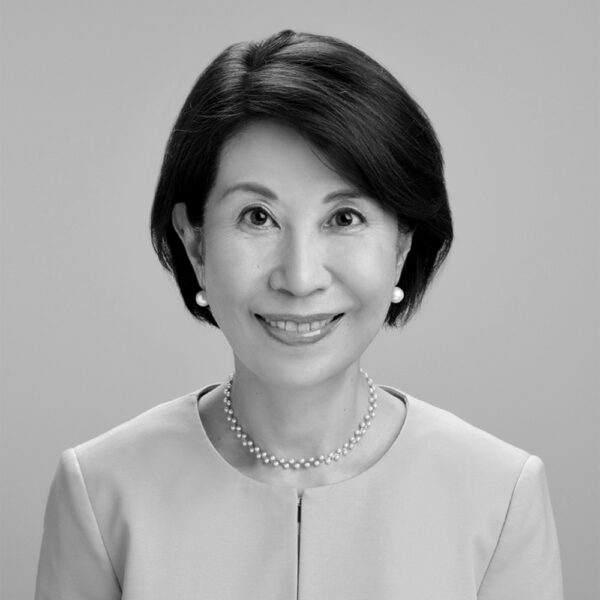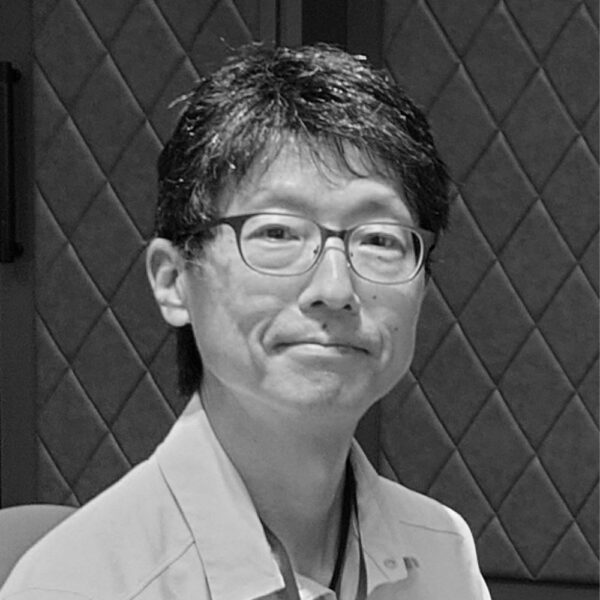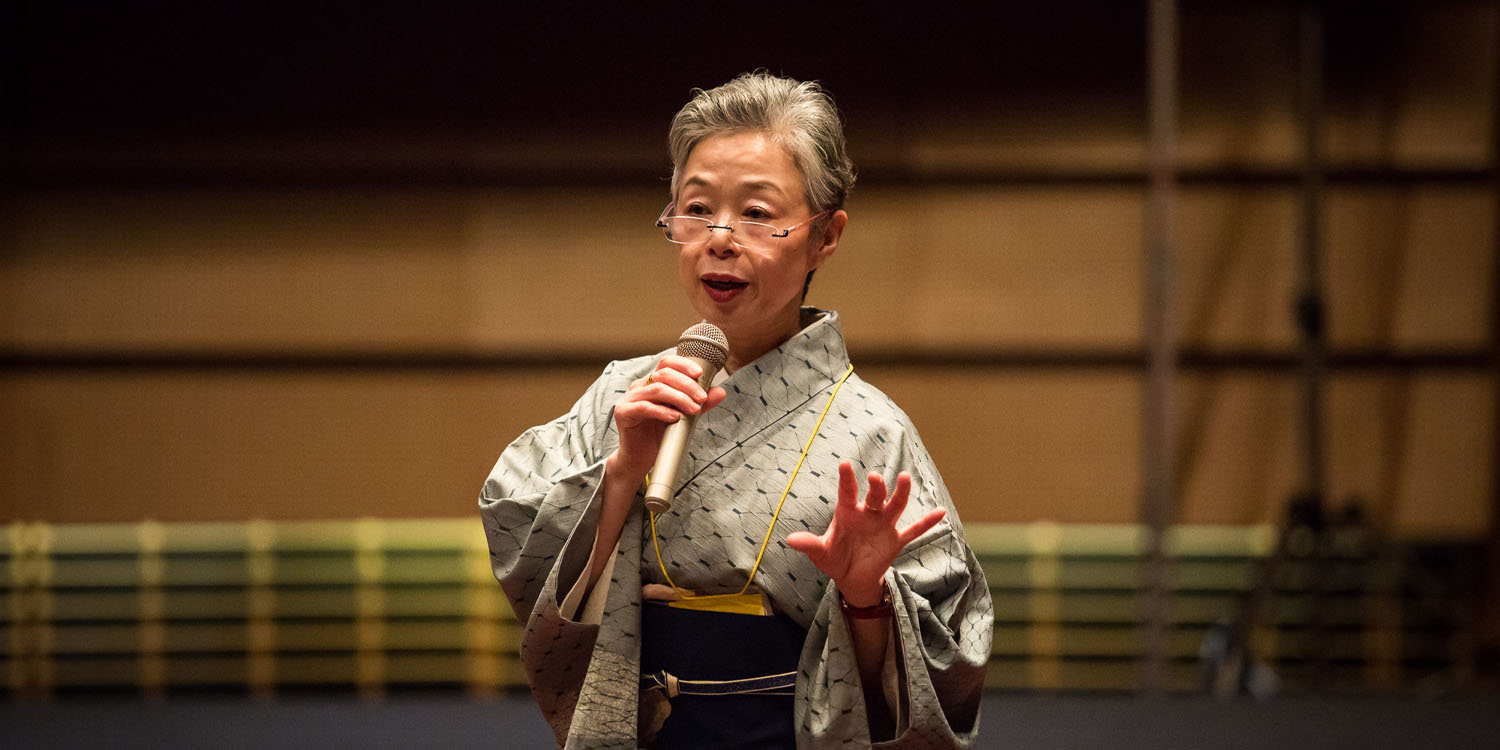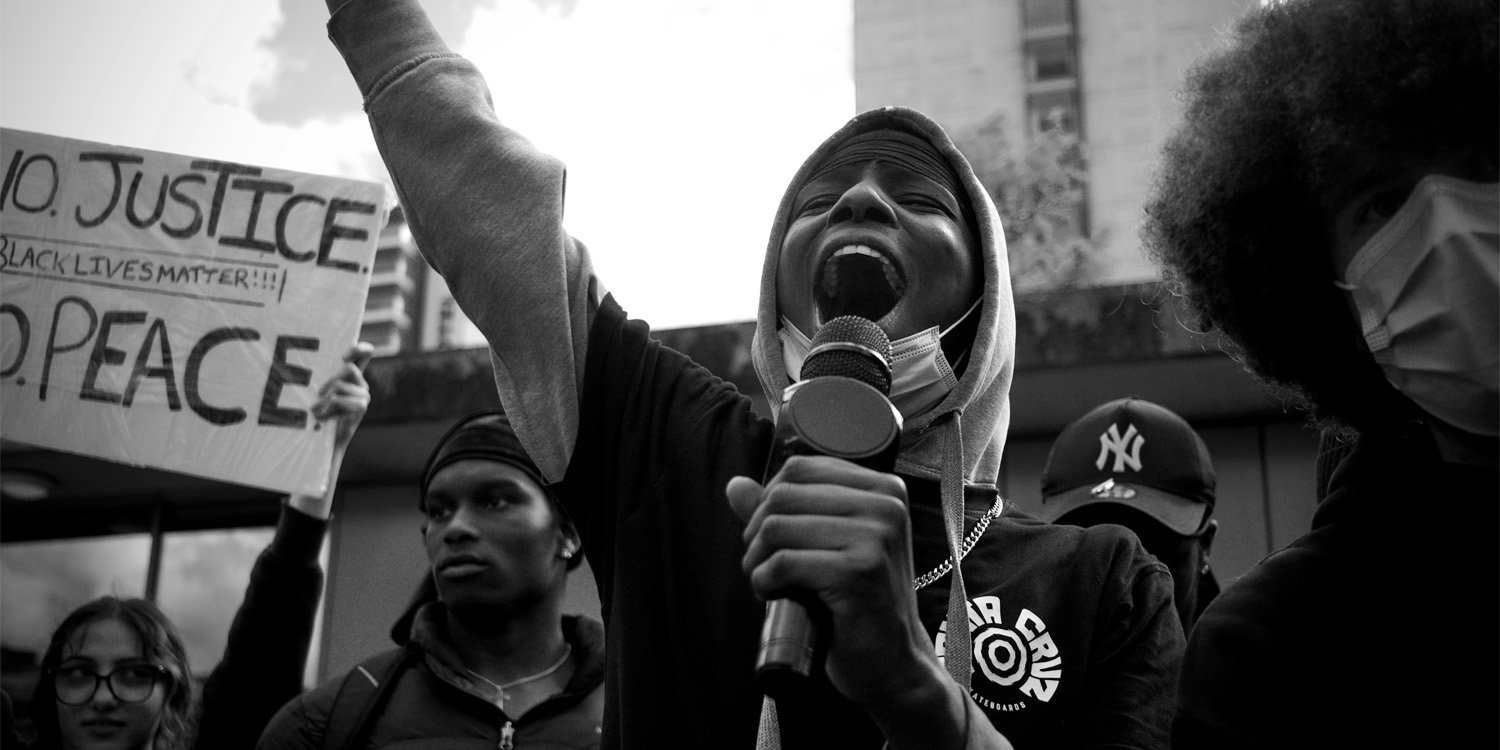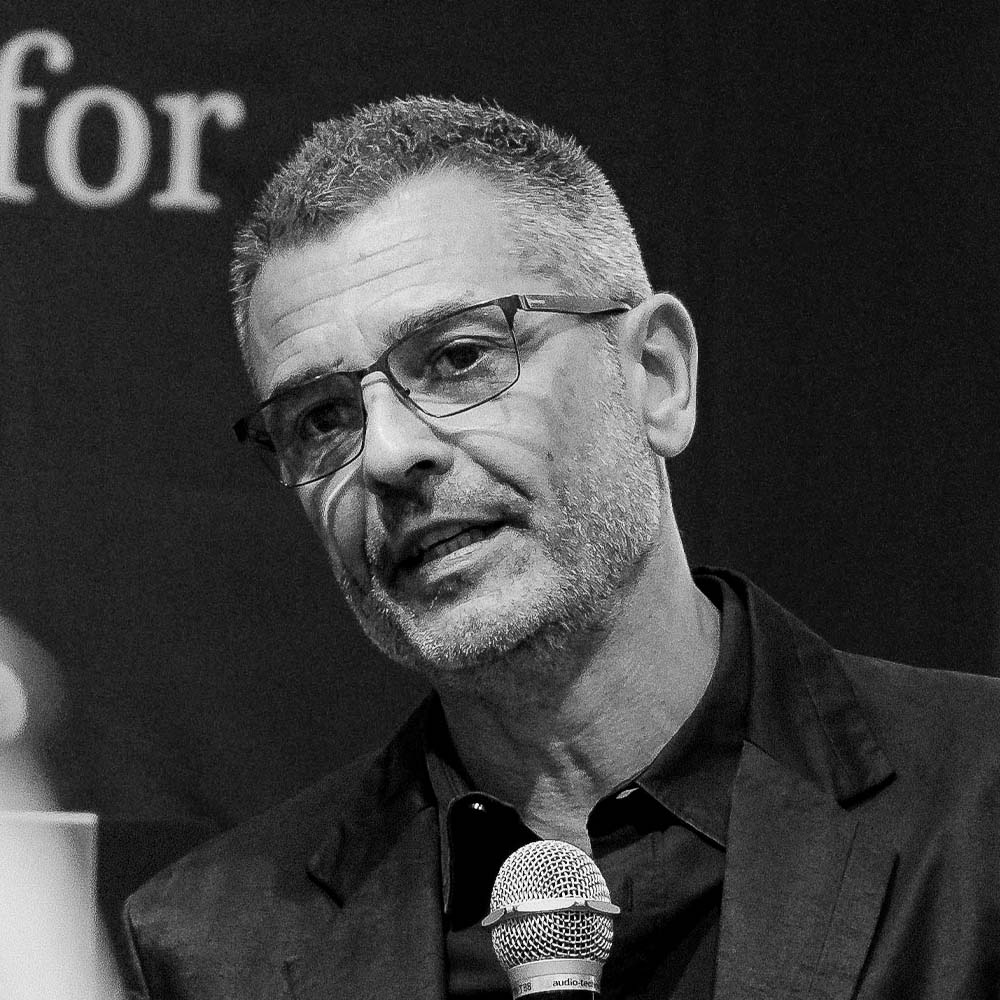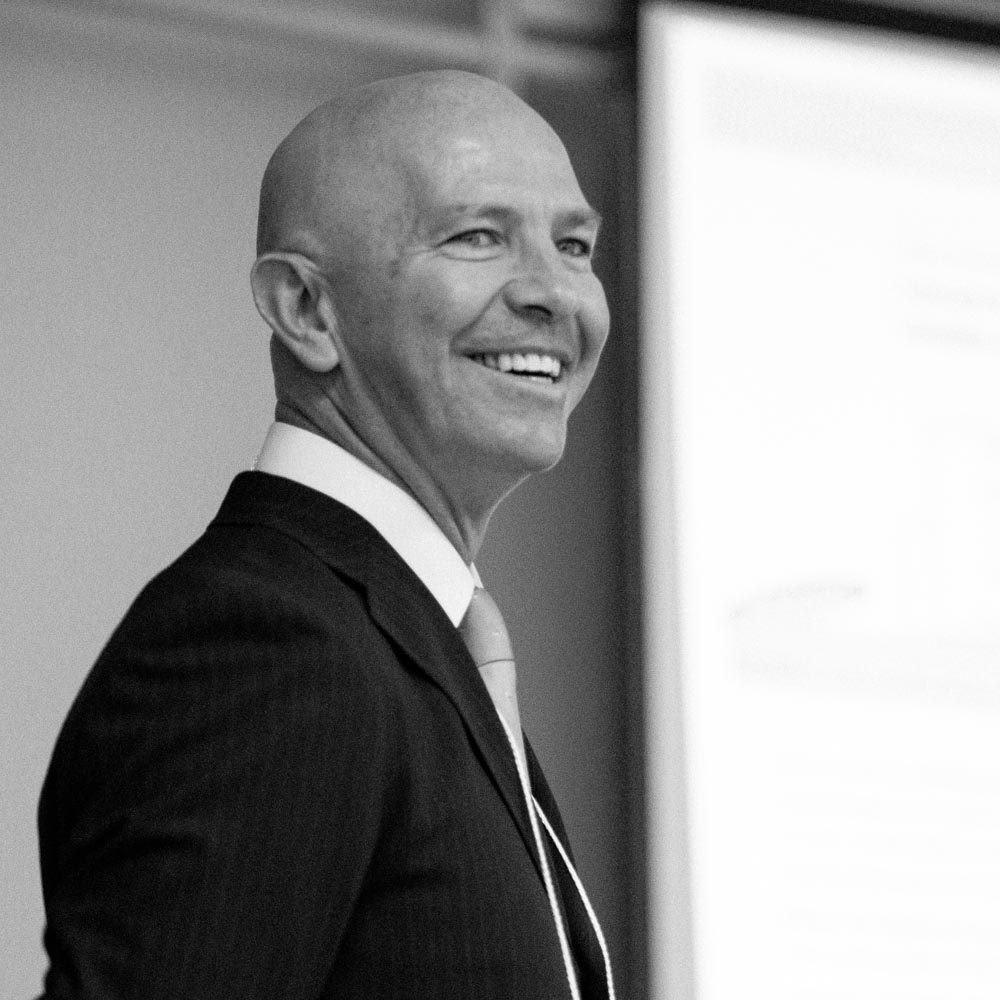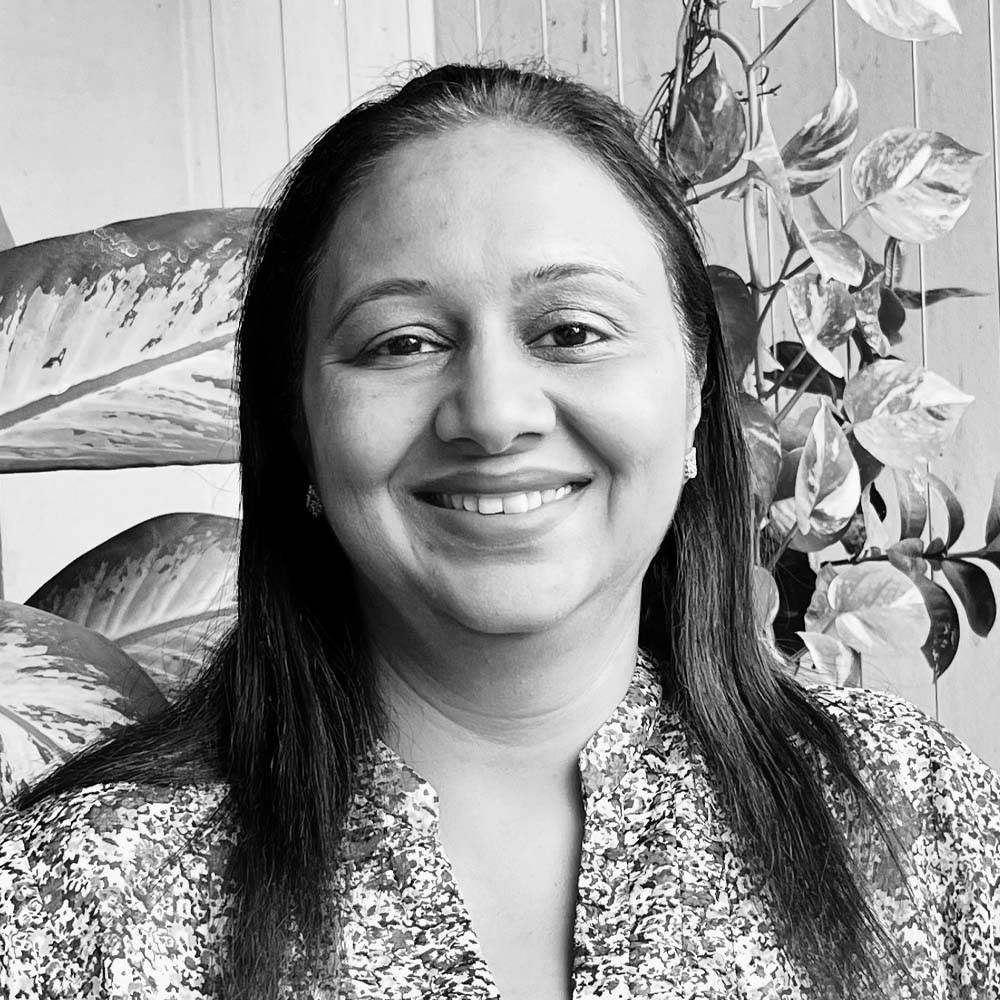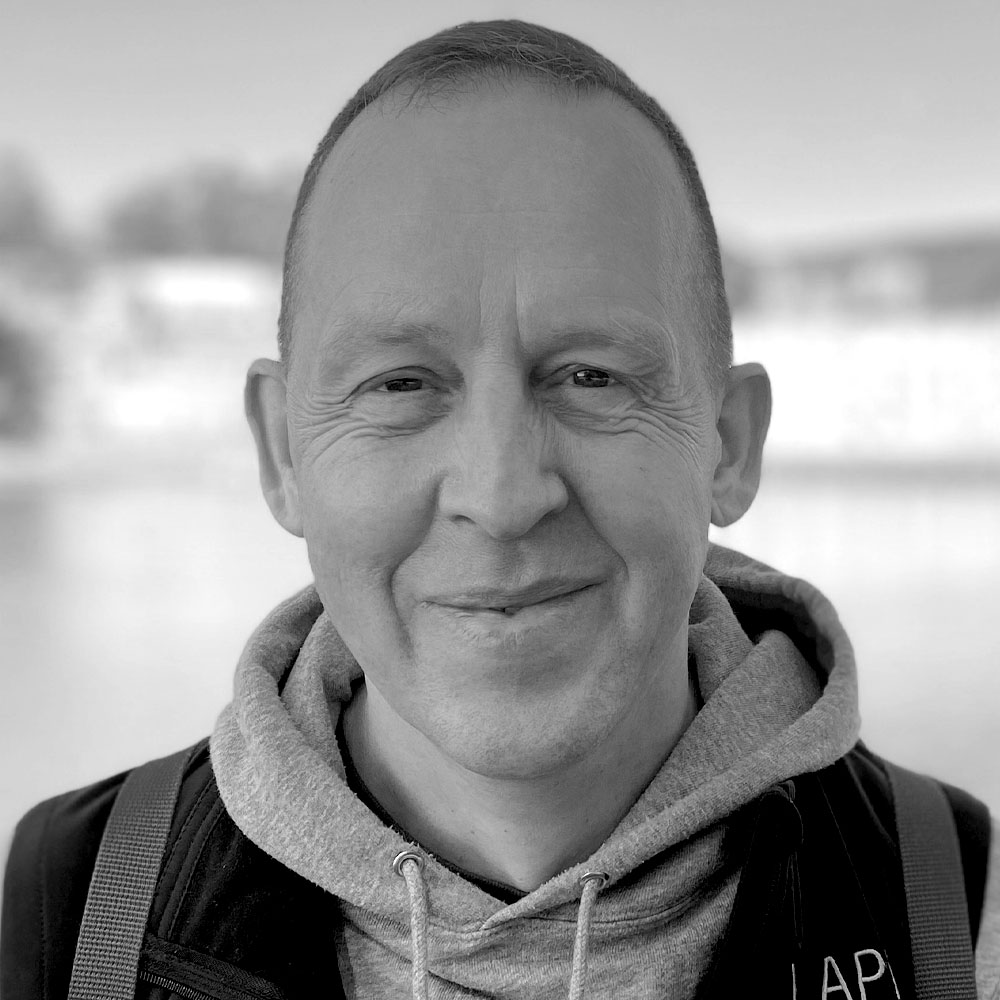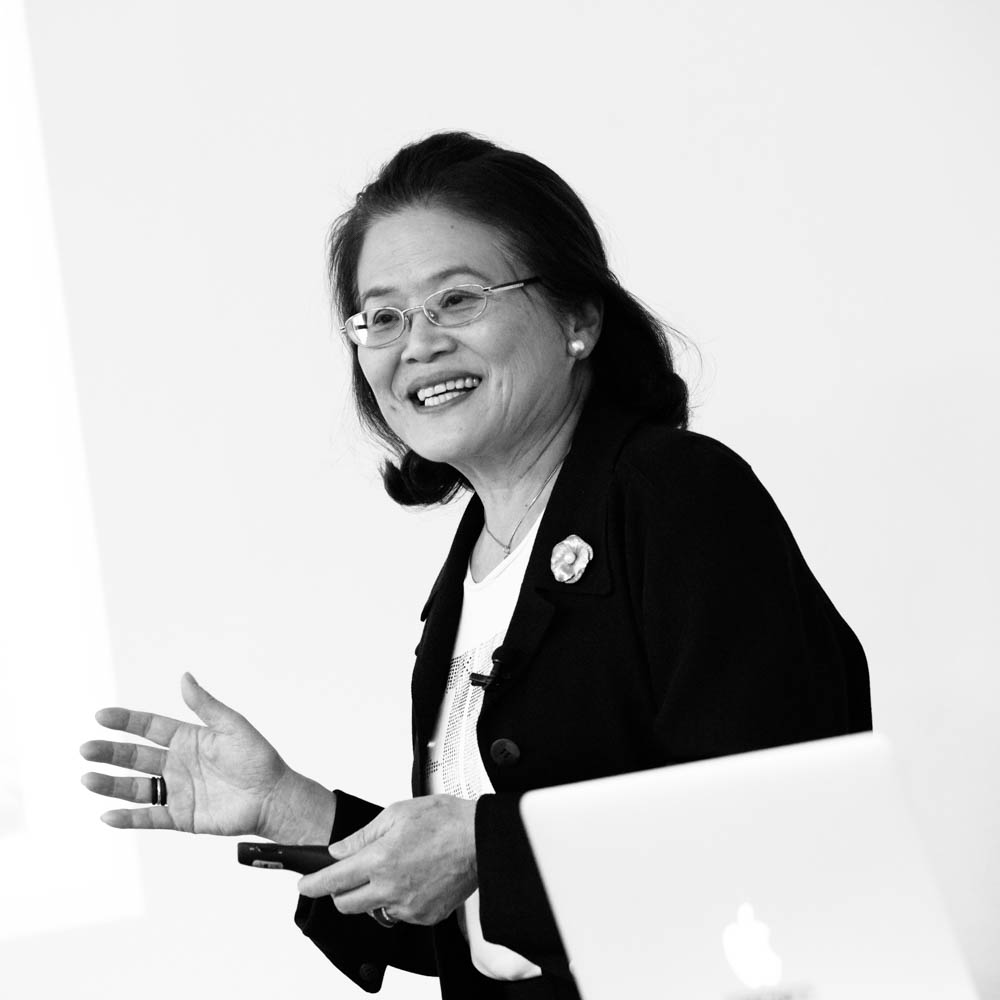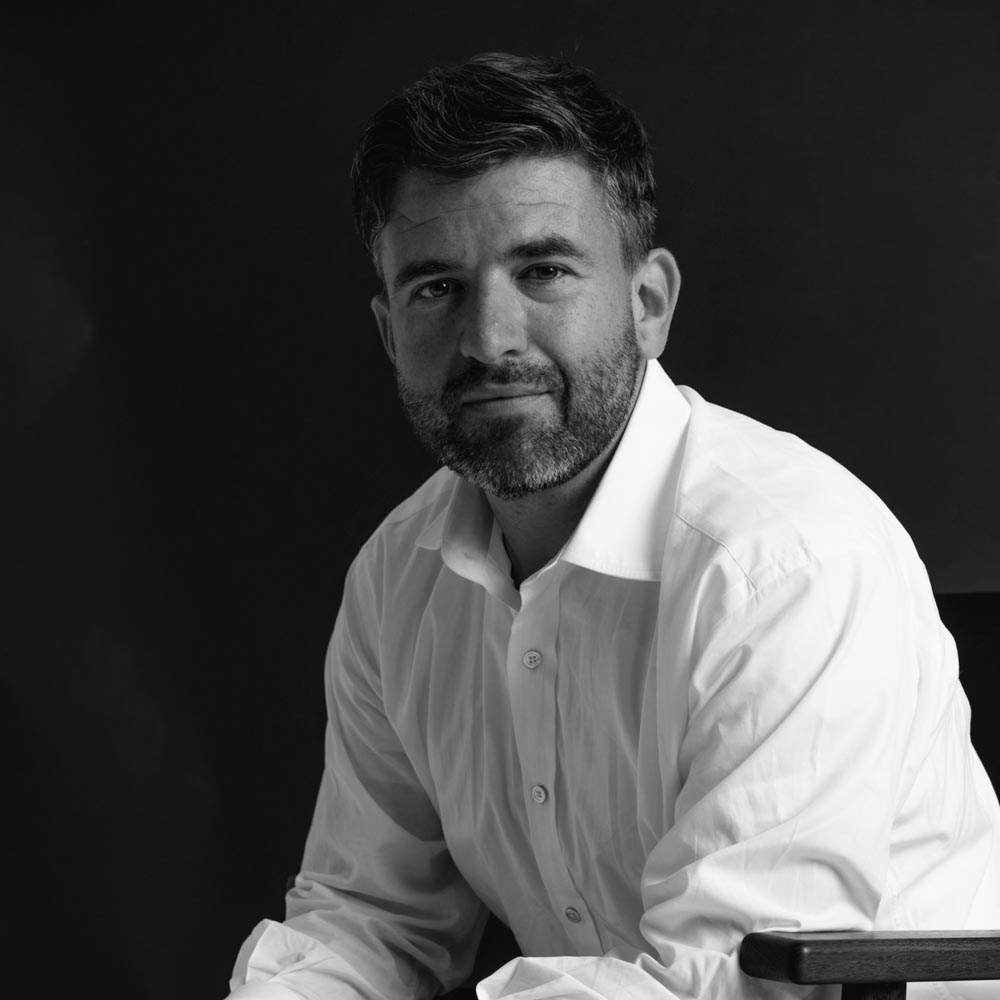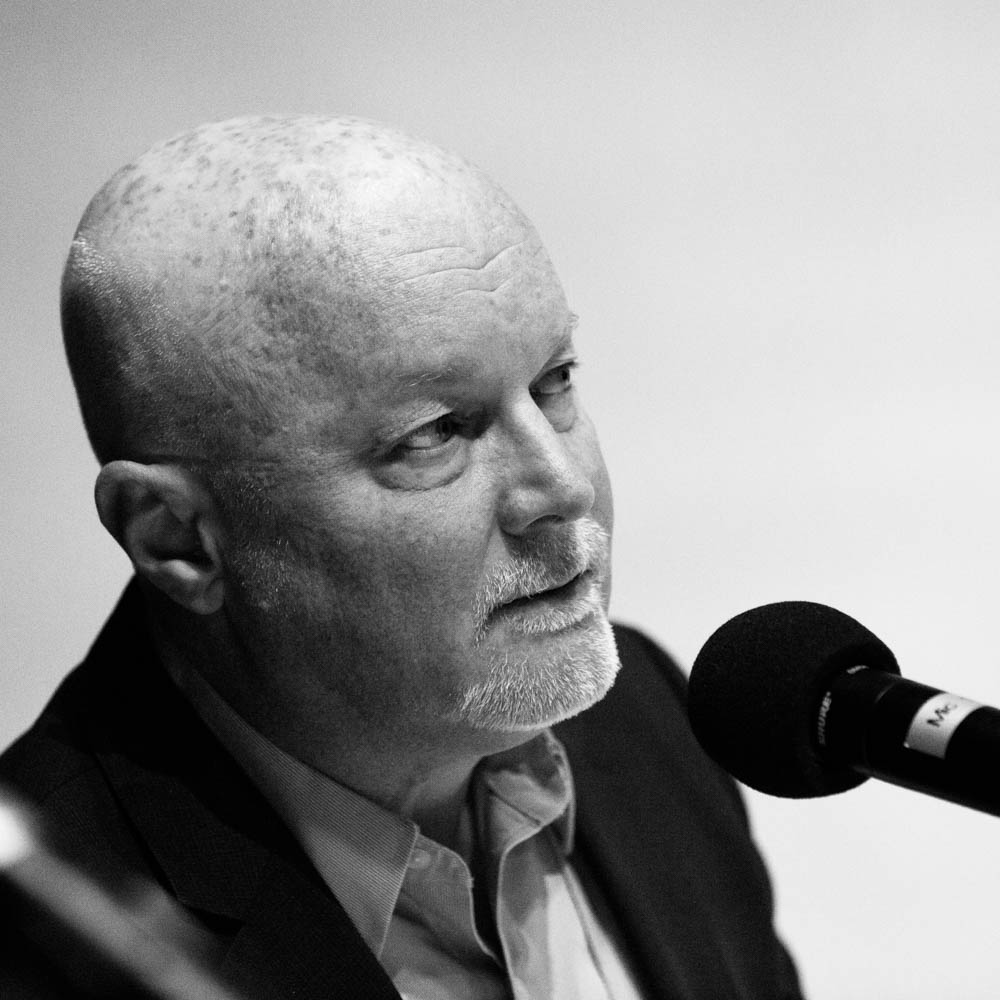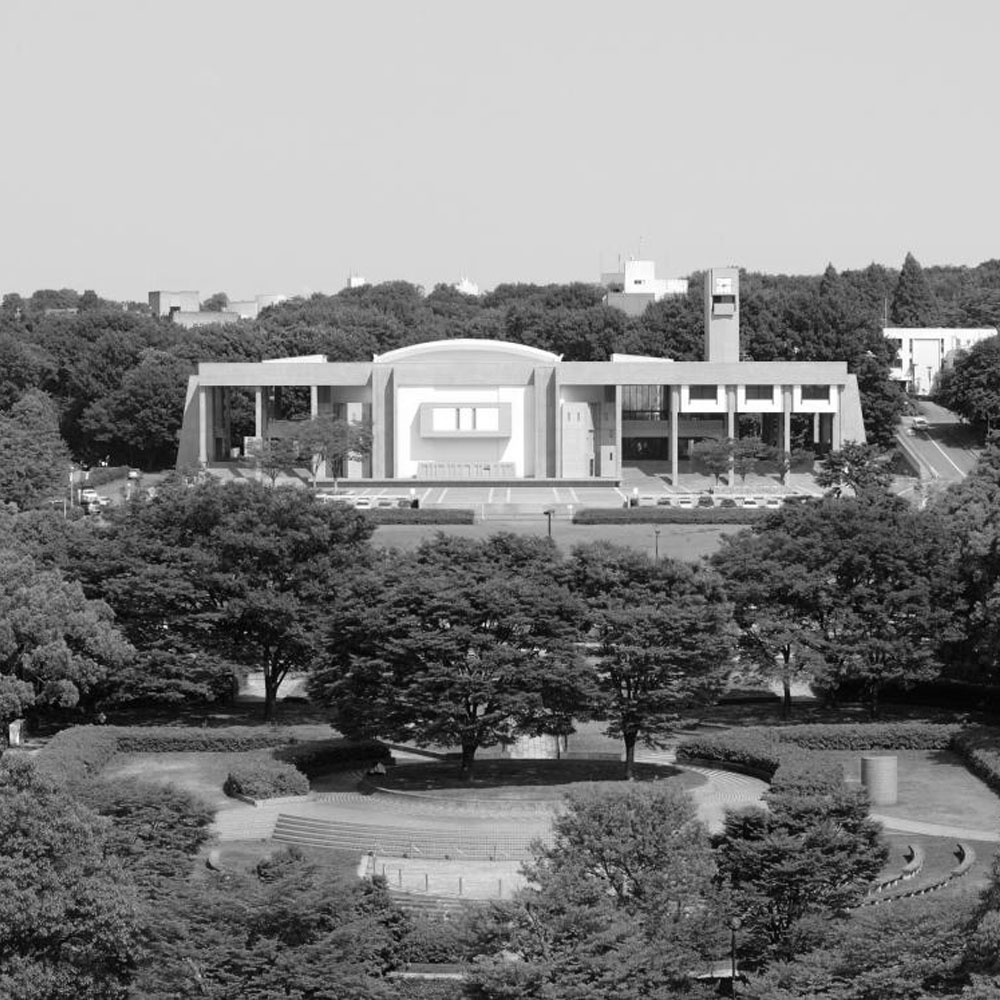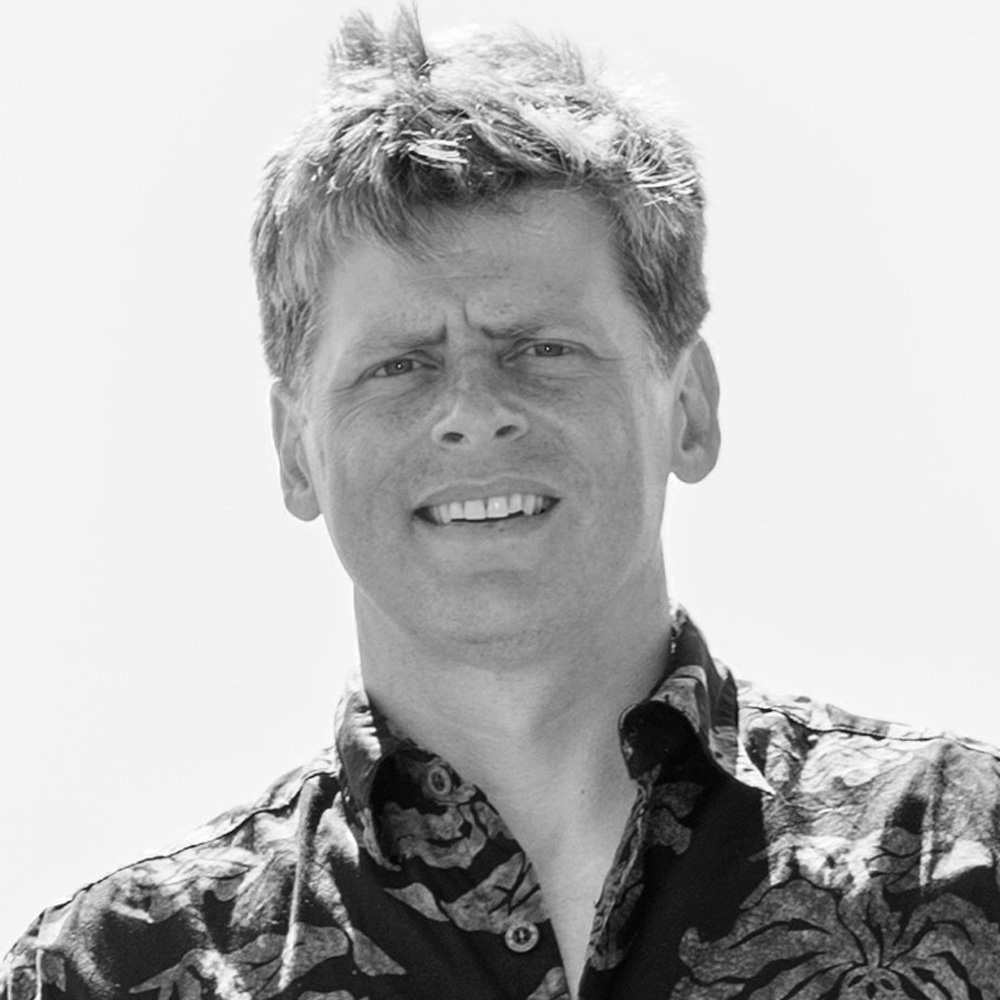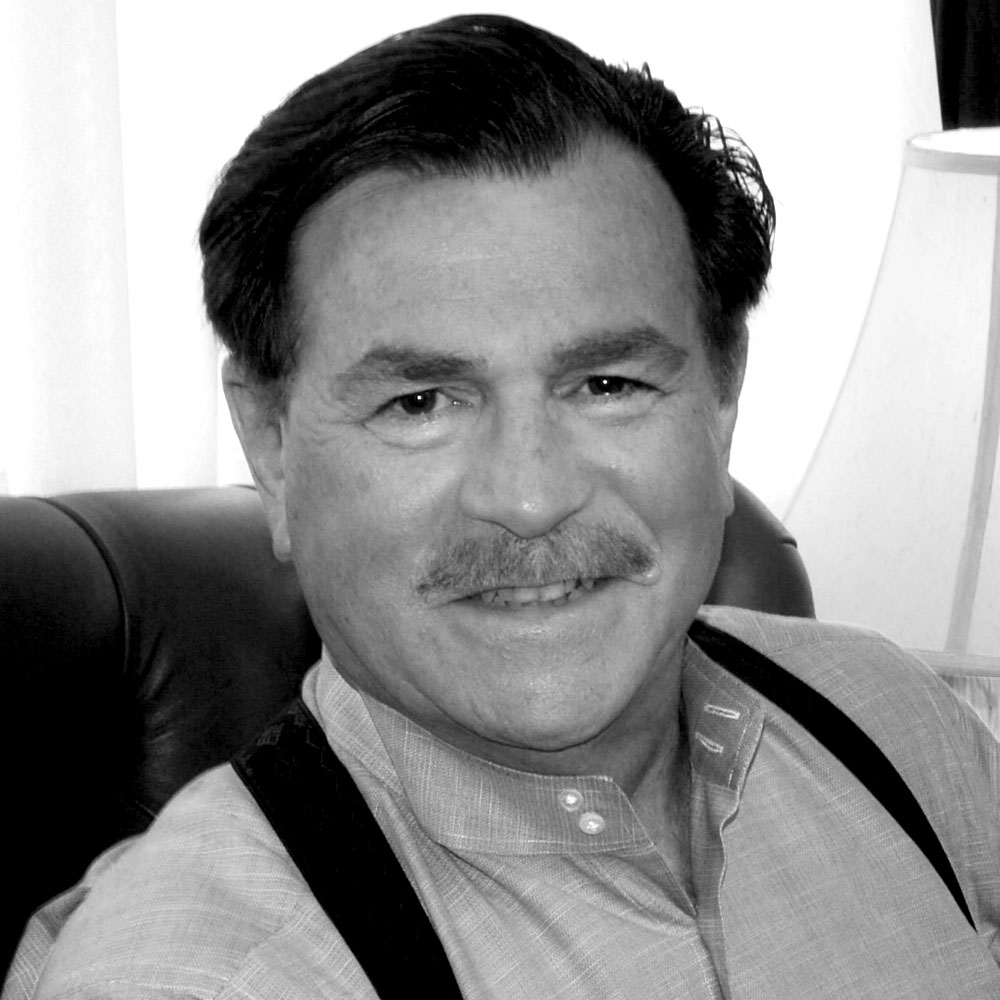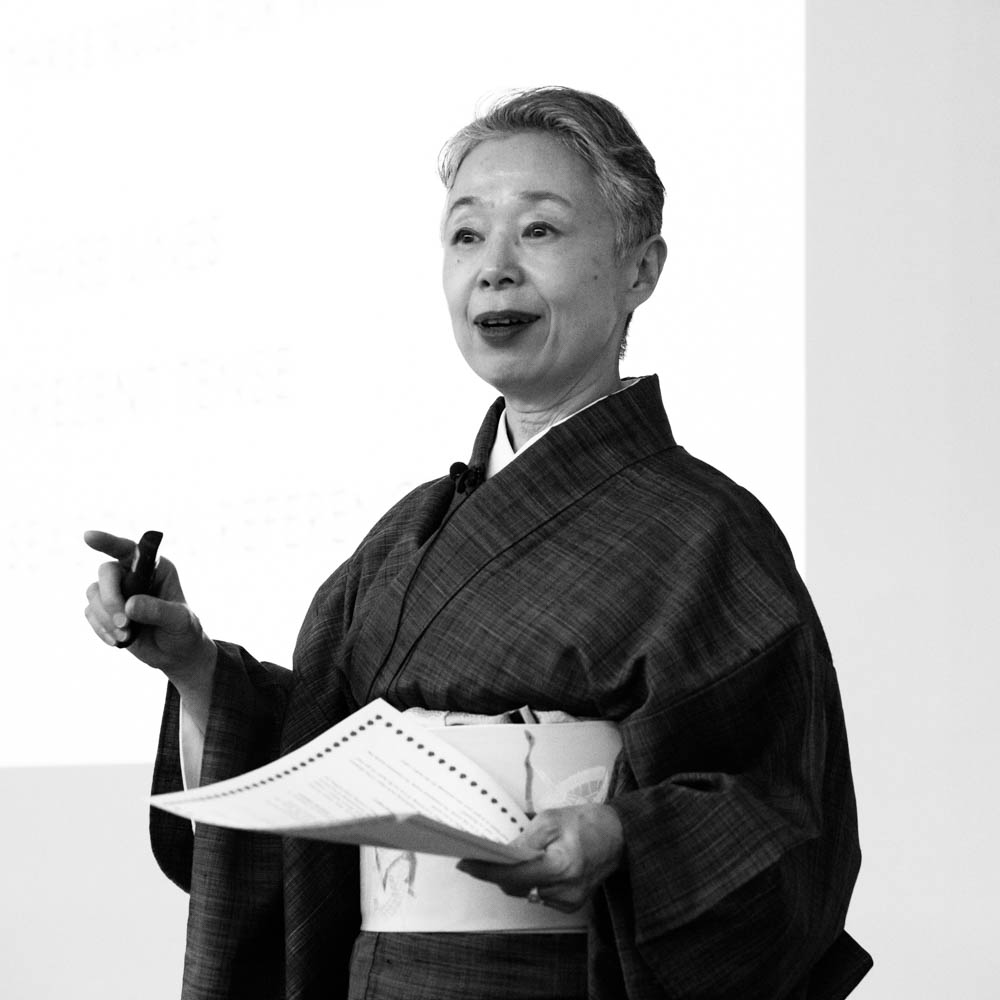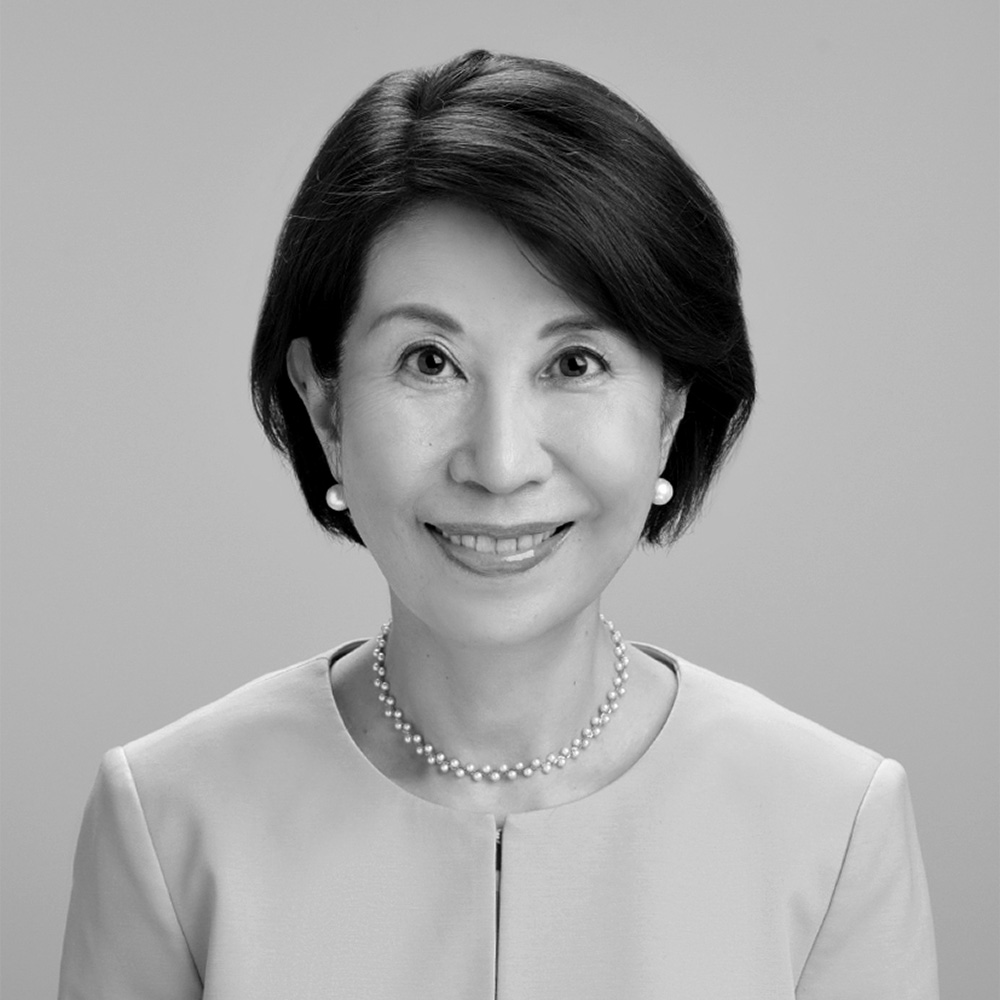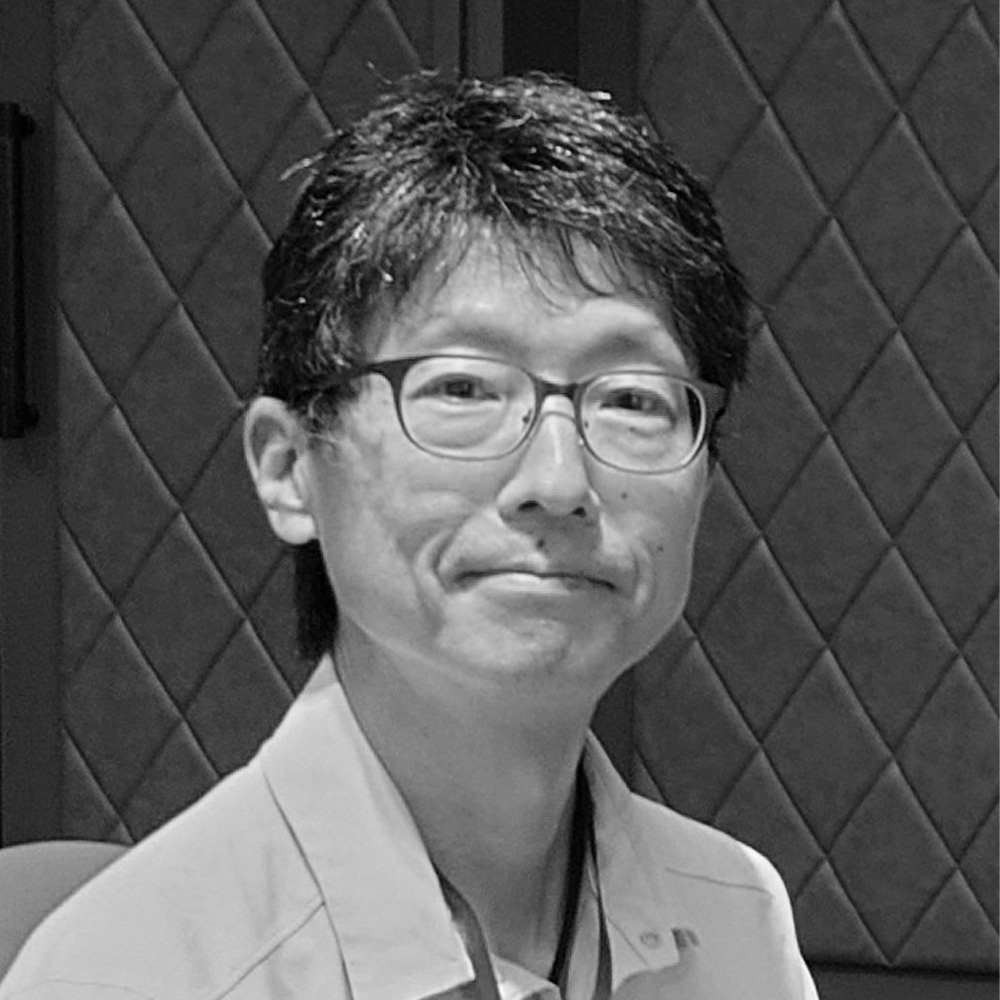ACCS2024
May 23–27, 2024 | Toshi Center Hotel, Tokyo, Japan, and Online
In line with the International Academic Forum’s (IAFOR) mission of interdisciplinarity, we successfully held The 15th Asian Conference on Arts & Humanities (ACAH2024) alongside The 14th Asian Conference on Cultural Studies (ACCS2024) and The 15th Asian Conference on the Social Sciences (ACSS2024) from May 23-27, 2024, in Tokyo, Japan. Altogether, the joint conferences welcomed over 550 delegates from more than 50 countries from around the world.
Programme
-
The Work of the University in Perilous TimesKeynote Presentation: Donald E. Hall
-
Can Today’s Universities Contribute to a Better Future?Keynote Presentation: Umberto Ansaldo
-
Navigating Polarising Discourses: Cultivating Values-Based Literacies in a Multimodal SocietyKeynote Presentation: Johan Edelheim
-
Satellite Constellations and National CommunitiesKeynote Presentation: Thor Kerr
-
Ethics and Care in Sole Custody PolicyPanel Presentation: Grant Black
-
What is Haiku?Haiku Workshop: Hana Fujimoto, Emiko Miyashita
-
Possibilities of Change: Surviving the Times of ConflictKeynote Presentation: Ishmeet Kaur
Speakers
-
Umberto AnsaldoVinUniversity, Vietnam
-
Grant BlackChuo University, Japan
-
Ishmeet Kaur ChaudhryCentral University of Gujarat, India
-
Johan EdelheimHokkaido University, Japan
-
Hana FujimotoHaiku International Association, Japan
-
Joseph HaldaneThe International Academic Forum (IAFOR), Japan
-
Donald E. HallBinghamton University, USA
-
Ayako HaradaNagoya University Graduate School of Law, Japan
-
Thor KerrCurtin University, Australia
-
Timothy LangleyLangley Esquire, Japan
-
Emiko MiyashitaHaiku International Association, Japan
-
Noriko OdagiriTokyo International University, Japan
-
Rokuro TabuchiSophia University, Japan
Conference Committees
The International Academic Board (IAB)
Professor Anne Boddington, IAFOR, Japan (IAB Chair)
Dr Joseph Haldane, IAFOR & Osaka University, Japan, & University College London, United Kingdom
Professor Jun Arima, IAFOR & University of Tokyo, Japan
Professor Virgil Hawkins, IAFOR Research Centre & Osaka University, Japan
Mr Lowell Sheppard, IAFOR & Never Too Late Academy, Japan
Dr Susana Barreto, University of Porto, Portugal
Professor Grant Black, Chuo University, Japan
Dr Evangelia Chrysikou, Bartlett School of Sustainable Construction, University College London, United Kingdom
Professor Donald E. Hall, Binghamton University, United States
Professor Brendan Howe, Ewha Womans University, South Korea & The Asian Political and International Studies Association (APISA)
Dr James W. McNally, University of Michigan, United States & NACDA Program on Aging
Conference Programme Committee
Professor Umberto Ansaldo, Curtin University, Australia
Professor Yasue Arimitsu, Doshisha University, Japan
Dr Sue Ballyn, University of Barcelona, Spain
Keiko Bang, Bang Singapore Pte Ltd., Singapore
Dr Darlene Machell Espena, Singapore Management University, Singapore
Professor Lorna Piatti-Farnell, Auckland University of Technology, New Zealand
Professor Gerard Goggin, Nanyang Technological University, Singapore
Dr Joseph Haldane, The International Academic Forum (IAFOR), Japan
Professor Donald E. Hall, University of Rochester, United States
Professor Baden Offord, Centre for Human Rights Education, Curtin University, Australia & Cultural Studies Association of Australasia
Professor Seiko Yasumoto, University of Sydney, Australia
Conference Review Committee
Professor Teresa Chen, California State University-Long Beach, United States
Dr D. Christina Sagaya Dhiraviam, Loyola College, Chennai, India
Dr Gregory Paul Glasgow, Kanda University of International Studies, Japan
Dr Cecilia Ikeguchi, Gakushuin University ISS, Japan
Dr Panida Jongsuksomsakul, Naresuan University, Thailand
Professor William Kunz, University of Washington Tacoma, United States
Dr Kenneth Toah Nsah, Université de Lille, France
Dr Leizel Parreno, Iloilo National High School, Philippines
Dr Velu Perumal, Universiti Putra Malaysia, Malaysia
Dr Sofia Quiroga Fernandez, Xi'an Jiaotong-Liverpool University, China
Dr Adelfa Silor, Mindanao State University-Iligan Institute of Technology, Philippines
Dr Sai Chandra Mouli Timiri, Osmania University, India
Dr Anand Wadwekar, School of Planning and Architecture Bhopal, India
Dr Xin Yao, Sichuan Fine Arts Institute, China
Dr Amira Zatir, Ecole Polytechniques d'Architecture et d'Urbanisme, Algeria

